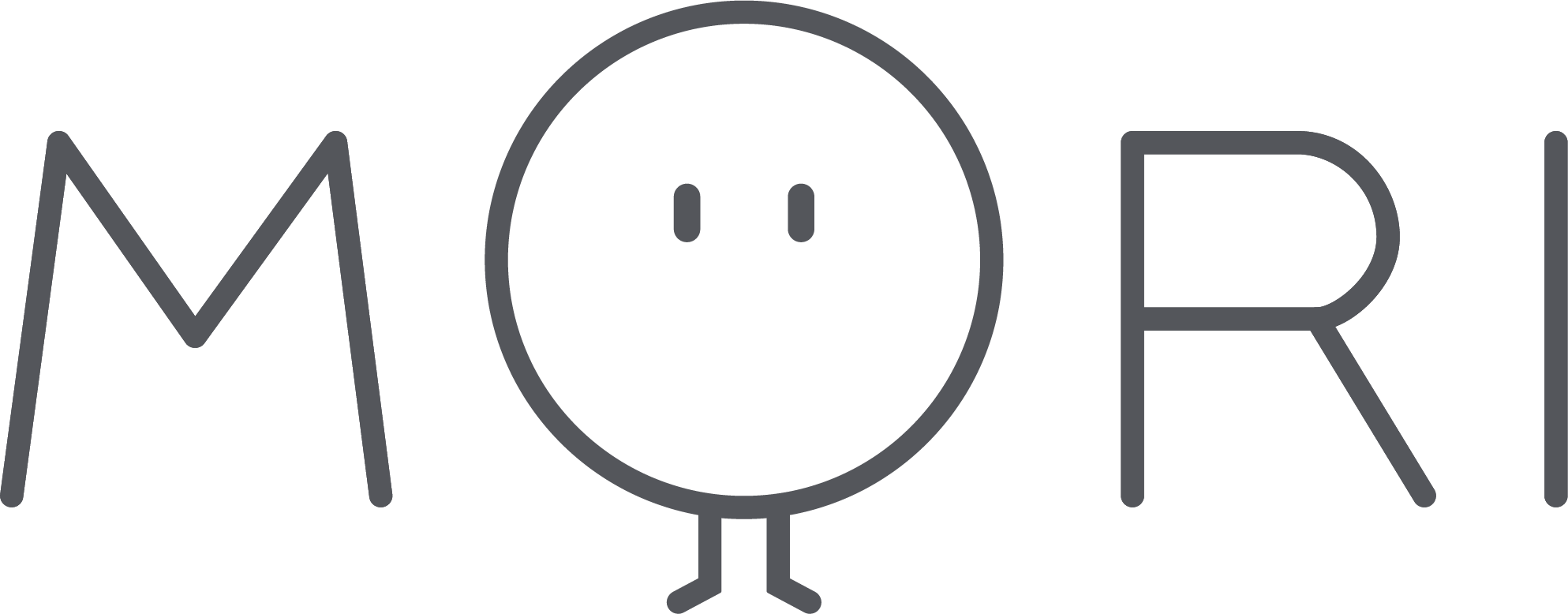Maximise Your Pregnancy Nutrition on a Vegetarian Diet
Maximise Your Pregnancy Nutrition on a Vegetarian Diet
Worrying about how to maintain a vegetarian diet during your pregnancy? We spoke to holistic nutritionist and life coach, Pandora Symes from Rooted London, about how you can keep your diet throughout the first, second and third trimester.
 While people generally associate a vegan or vegetarian diet as a healthy one, this only rings true if it includes an abundant variety of rainbow fruit, vegetables and wholefoods. A diet full of bread and pasta may well be vegan, but it’s certainly not varied enough to offer maximum nourishment and nutrition. Bread and pasta, like everything else, are fine in moderation, but should not play the leading role in every meal, whether you are vegan, vegetarian or otherwise.
While people generally associate a vegan or vegetarian diet as a healthy one, this only rings true if it includes an abundant variety of rainbow fruit, vegetables and wholefoods. A diet full of bread and pasta may well be vegan, but it’s certainly not varied enough to offer maximum nourishment and nutrition. Bread and pasta, like everything else, are fine in moderation, but should not play the leading role in every meal, whether you are vegan, vegetarian or otherwise.
Make Pulses your Friend
The often overlooked, versatile, tasty and nutrient dense bean can be used in a multitude of dishes, at breakfast, lunch and dinner. Furthermore, there are so many beans out there you can really mix it up, ensuring you never get bored of the same dish. Baked beans are the obvious choice but try kidney, butter, haricots, cannellini, flageolet, pinto and borlotti for variety. A humble mixed bean dish, cooked with onion, red pepper, plenty of garlic and spices of your choice packs a punch in both flavour and protein.
Lentils, peas and chickpeas are also pulses, so try to include these with or in place of beans to ensure you’re eating a rainbow diet. Pulses are cheap, offer a low-fat protein source, contain vitamins, minerals and fibre, count towards your recommended intake of fruit and veg. In addition, pulses are super convenient, buy some in tins and keep at hand for a quick, easy meal.
We can all be a bit weary of beans and pulses, as they have built a bad reputation with us for their impact on our digestion and releasing a little bottom gas! Beans contain phytic acid, which can be difficult to digest. To help break this down, when preparing dry pulses, soak them overnight before cooking.
TIPS: To reduce the gassy effect of beans (tinned and dried), simply add a strip of kombu, a seaweed that neutralise the acid, as well as providing a rich, tasty flavour.
You can also soak your lentils and beans before you cook them. Soak in cold water when you leave the house in the morning, and then drain and cook when you get home. Easy!
Consume vitamin C-rich foods with meals that contain phytic acid to reduce the effect or use vinegar in salad dressings and cooking to enhance mineral absorption and offset the phytic acid.
 Go easy on the cheese
Go easy on the cheese
If you are a vegetarian, rather than vegan, or simply trying to cut down your meat intake, remember not to overdo it on the cheese, which is surprisingly easy to do. 30g is a healthy portion size - which is about the size of a lipstick or your two thumbs together! One portion of cheese per day is good, but avoid having more than one portion per meal. If you really love cheese but are trying to cut down, or you’re a vegan, try nutritional yeast instead. Containing B12, an essential supplement for a vegan diet, it seems strange initially, as it resembles fish food in texture. However it really provides the satisfying creaminess to soups, sauces, pasta and dishes that we often crave from cheese, plus it is of course, entirely vegan and free from gluten, additives and preservatives.
TIP: Combine nutritional yeast with cashews in a food processor with garlic, lemon juice, fresh herbs, salt and pepper and a little olive oil for a delicious creamy paste, akin to cream cheese, great on toast or with crudites.
Get the good carbohydrates
As mentioned above, there’s no issue with a bit of bread and pasta. Carbohydrates are an essential food group for vegans and vegetarians providing nutrients for the good bacteria in our intestines that helps us digest our food, plus they protect our muscles. Carbohydrates are the first source of energy for our bodies and without it, protein from our muscles will be used, meaning that our body will effectively start eating its own muscles. Carbohydrates get a bad rep because of course, as with anything, too much of a good thing can lead to xxx, thus we must always consider portion size and the type of carbs we are choosing. Aim to get 45 to 65 percent of your daily calories from carbohydrates. That's equal to about 225 to 325 grams of carbs if you eat 2,000 calories a day. Carbohydrates with the highest fibre and health benefits include oats, sweet potato, wholemeal bread, brown rice and alternatives to traditional pastas, such as brown rice pasta.
 To Tofu or Not to Tofu?
To Tofu or Not to Tofu?
Tofu, also known as bean curd, is a food cultivated by coagulating soy milk and then pressing the resulting curds into soft white blocks. It’s used a lot in East Asian and Southeast Asian cuisines but here in the UK and in the USA, has caused some confusion as to the benefits and its potential health hazards mainly as a lot of US soy is GM, which is linked to so many health problems because they may kill off good bacteria in your gut and also damage the working of your digestive system. The good news is, UK rules means we don't import GM soya into the country but the bad news is, there is still research to show that there are other concerns to soya consumption. Whilst high soya consumption has been linked to breast cancer, we know that genetics and environmental factors play a huge part in how our bodies react to certain foods, so as yet we can’t say whether a diet rich in phytoestrogenic foods is beneficial or not. If you are a vegan or vegetarian, soy based products are invaluable as a source of protein and magnesium, copper, zinc and vitamin B1. As with all foods, everything in moderation so I advise if you do choose to tofu, choose organic is possible. I love tofu with a miso dressing, oodles of noodles and some crunchy veg with roasted cashews.
Safety: Tofu and all soya products contain large amounts of oxalate. Individuals with a history of oxalate containing kidney stones should avoid over-consuming soya products. Please see a registered nutritionist if you have any questions.
 About ROOTED London
About ROOTED London
The ROOTED LONDON philosophy is simple: Listen to Your Body, Feed your Soul. Using naturopathic nutrition, meditation and healing techniques, life coaching, yoga and self-love as medicine, Pandora created ROOTED as a platform to break free from the noise of 'wellness' and instead a place where creating a positive mindset comes before trends. She specialises in Intuitive Living and Self-love Empowerment to encourage her clients to listen in to what their body and mind needs, and use their intuition to guide them in life.




 About ROOTED London
About ROOTED London